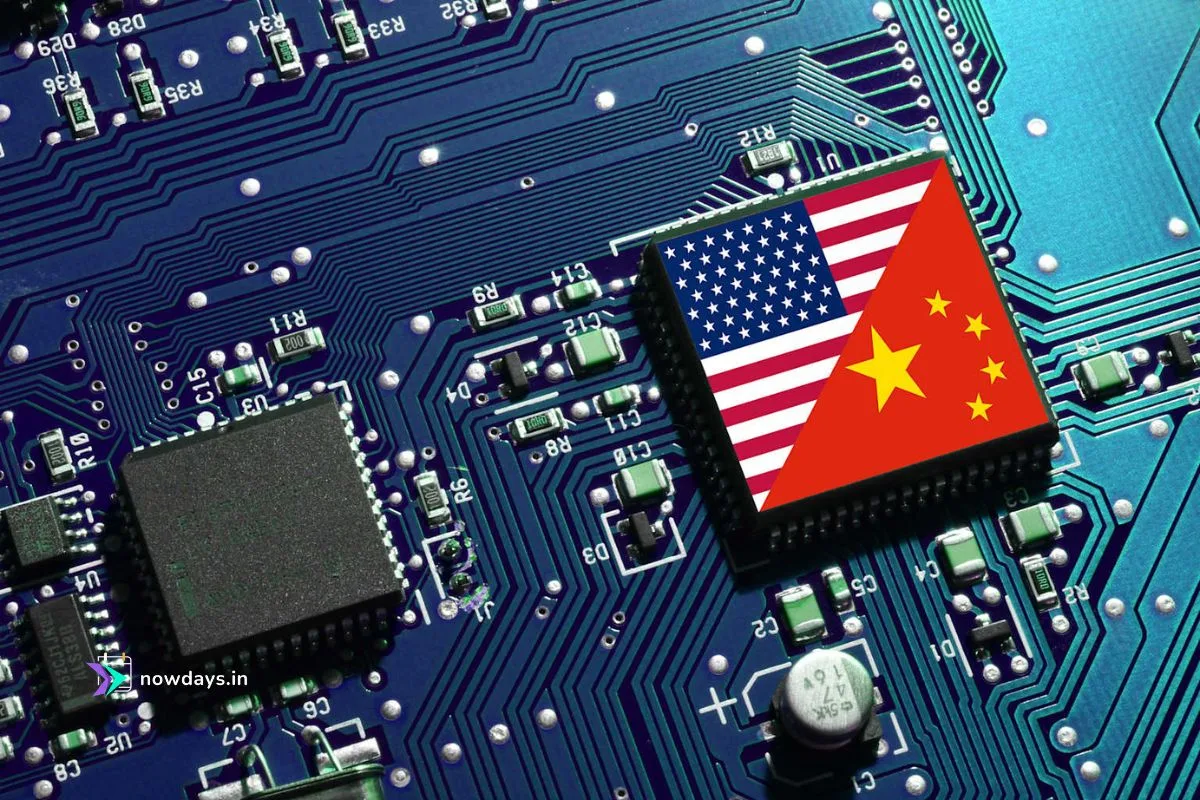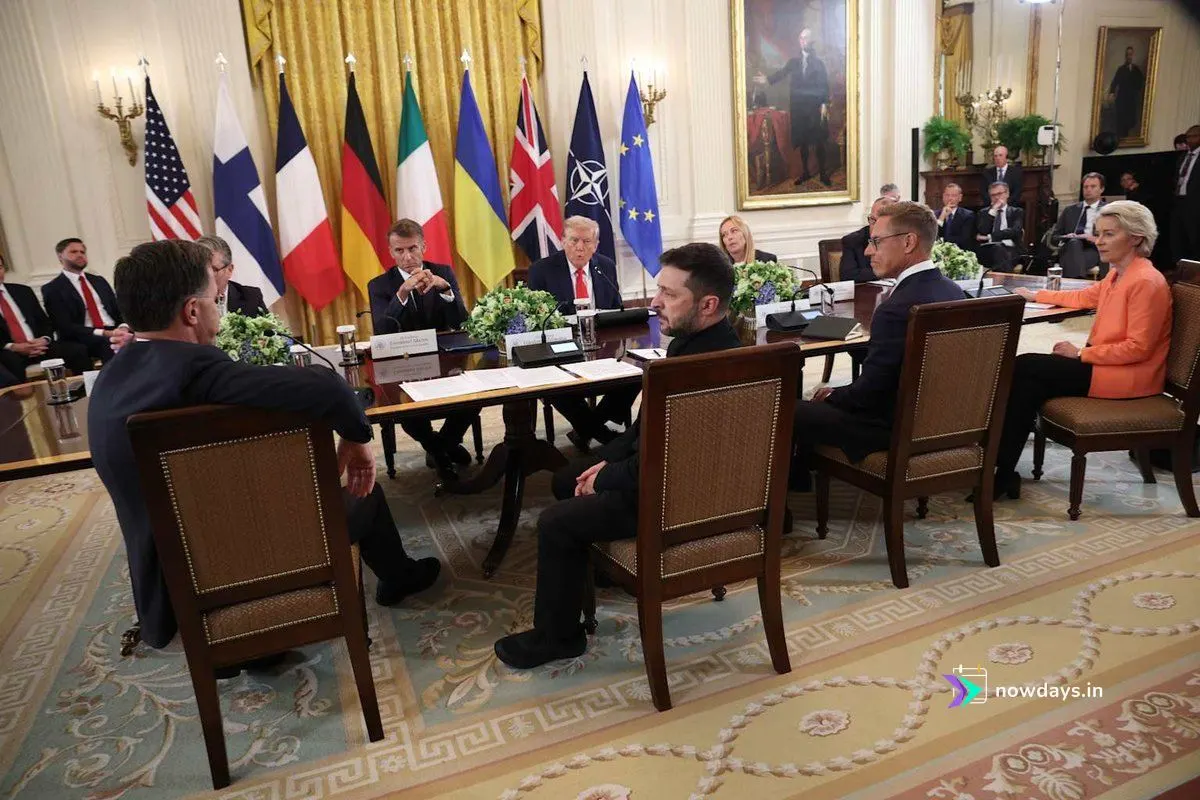A coalition of prominent American technology executives has unveiled a $100 million initiative aimed at bolstering open-source artificial intelligence development, positioning it as a direct response to China’s growing dominance in the field. Dubbed the Atom Project, the effort seeks to create freely accessible AI models that can rival those emerging from Chinese labs, amid escalating concerns over technological supremacy and national security.
The Push for Open-Source Dominance
The project, backed by industry heavyweights, focuses on accelerating innovation in foundational AI technologies that are publicly available for adaptation and improvement. Proponents argue that China’s aggressive pursuit of open-source AI, exemplified by models like DeepSeek, has given Beijing an edge in global adoption, particularly in developing markets. DeepSeek, developed at a fraction of the cost of comparable U.S. systems, has been hailed as a game-changer, prompting fears that American firms could lose ground in the race for AI leadership.
This investment arrives as the White House rolls out its AI Action Plan, emphasizing the need to export U.S. AI technologies to allies while tightening controls on sensitive exports. The plan underscores a strategy to maintain superiority through superior integrated AI stacks, combining hardware, software, and data resources. Corporate partners like Intel and Capital One are contributing to the federal push, with the National Science Foundation allocating funds to research hubs targeting applications in mental health, materials science, and human-AI collaboration.
Why Counter China Now?
The timing reflects mounting anxiety over China’s state-driven AI investments, which could reach $100 billion annually, dwarfing U.S. public spending. Chinese firms benefit from massive government subsidies, talent recruitment programs, and a focus on self-reliance, enabling breakthroughs like cost-effective large language models. Experts warn that without decisive action, the U.S. risks ceding control of critical technologies that underpin economic and military power.
Kenton Thibaut, a China fellow at the Atlantic Council’s Digital Forensic Research Lab, notes that Beijing’s approach intertwines technology with diplomacy, offering AI tools to partners in Asia, Africa, and Latin America to build influence. In contrast, the U.S. plan prioritizes an “America First” stance, promoting exports while safeguarding sensitive data. Charles Mok, writing for Tech Policy Press, highlights how China’s global AI governance plan emphasizes cooperation and standards-setting to win international allies, differing from Washington’s competitive focus.
Expert Views: Innovation Race or Geopolitical Standoff?
Analysts see the $100 million fund as a vital step but caution it may not suffice against China’s integrated ecosystem. Sam Altman of OpenAI has described the competition as a “race” with profound implications, urging relaxed export controls to allow U.S. firms to dominate overseas. A Nature study reveals that U.S.-China AI collaborations produce higher-impact research, suggesting outright rivalry could hinder global progress.
Brookings Institution experts emphasize that while the U.S. leads in cutting-edge models, China’s advantages in data volume and engineering talent could close the gap. The Chatham House warns that mimicking China’s centralized data strategies risks eroding U.S. values like privacy and accountability. On YouTube channels like those from the Center for Strategic and International Studies, discussions highlight how Trump’s administration views AI as a national security imperative, with executive orders aimed at preventing “woke AI” biases while boosting infrastructure.
Potential Impacts and Challenges
The initiative could democratize AI access, fostering startups and applications in underserved areas like healthcare and education. By emphasizing open-source, it counters China’s closed systems, potentially attracting global developers wary of Beijing’s data practices. However, challenges loom: U.S. export restrictions on chips and cloud services may limit competitiveness, as noted in Senate letters urging probes into Chinese firms’ data practices.
Geopolitically, the project aligns with efforts to build AI alliances through frameworks like the Quad, but experts like those at the Lowy Institute argue it risks escalating tensions without addressing mutual interests in AI safety. A CSIS report stresses the need for balanced diplomacy to avoid a zero-sum trap.
As the U.S. ramps up its AI arsenal, this $100 million venture represents a bold counterpunch, but sustaining leadership will require ongoing investment, regulatory agility, and international collaboration to navigate the high-stakes rivalry with China.











